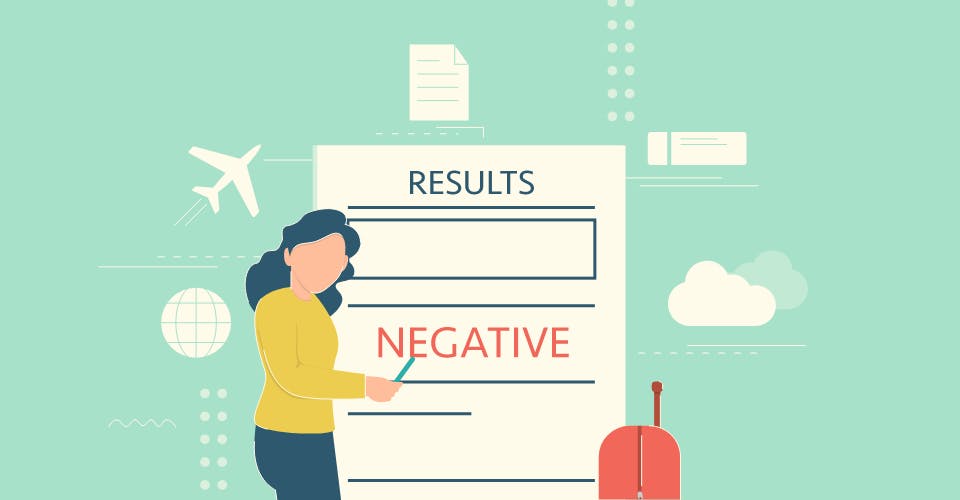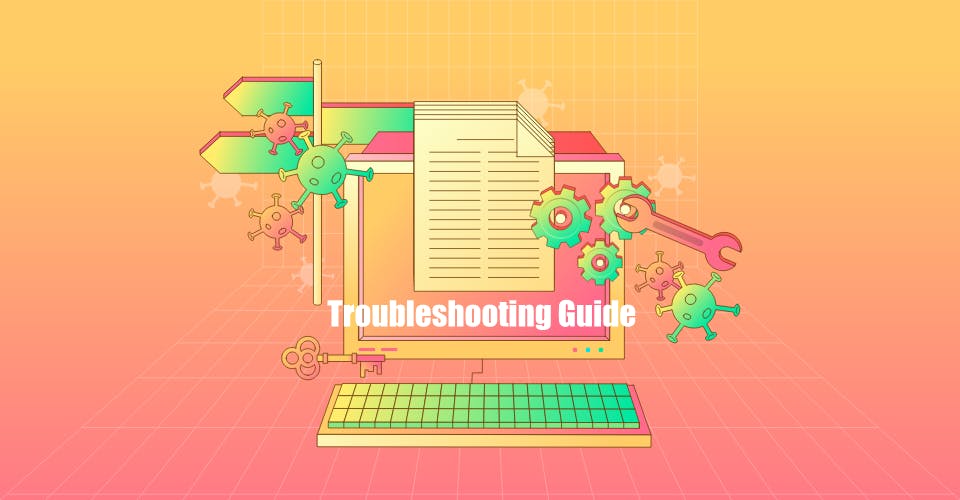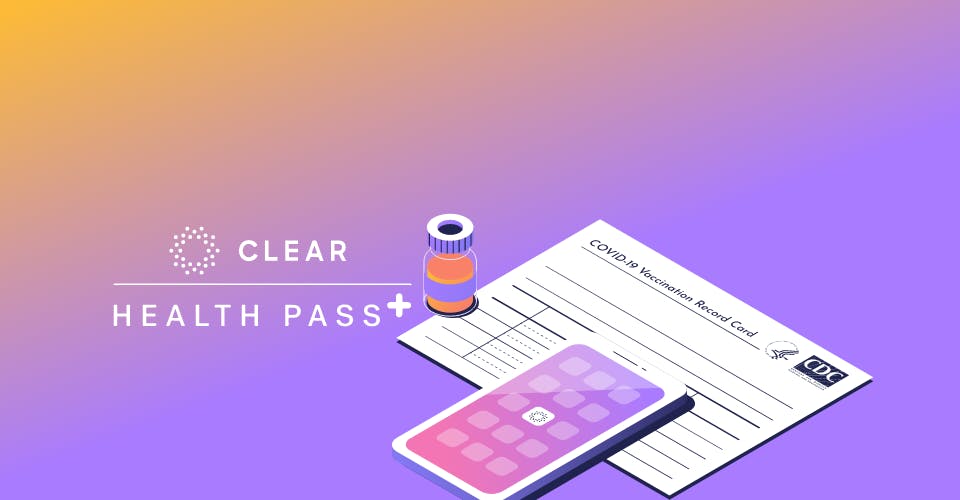If you are planning on coming to the United States this summer on a valid visa, you should know that there are Covid-19 rules and restrictions that are currently in place, as per State Department and CDC guidelines. While we have previously covered the National Interest Exception (NIE) for students, public health officials, and journalists, the NIE does not cover every class of immigrant and non-immigrant. As such, this post will be dedicated to better understanding how to pass through international borders to the U.S. hassle free if you are not covered by the NIE, but are still admissible to the U.S. and reside in the U.S. on a valid visa.
Background
Last week, the European Union introduced a new opening up of borders for international tourists from the U.S. The move comes at a time when the EU wants to boost tourism and revenue this summer, and get their respective citizens back to work after 15 months of lockdown. The U.S. in response to this measure has now mandated that every air passenger who is returning to the U.S. (not just U.S. citizens, but also green card holders and any other type of visa holder) needs to present a negative Covid test with 3 days (72 hours) before their international flight.
The U.S. government, in addition to the CDC, believes this is the best way to handle returning air passengers and curb the spread of the pandemic, noting that even vaccinated travellers can still spread the virus between international borders. This means that if you have a multiple entry visa to the U.S., but show up to the airport ready to get back to your job in the U.S. without a Covid test, the airline could deny you entry onto the aircraft.
What Kind of Test is Required?
The good news is that if you are vaccinated, and have access to buying a self-test, you can easily maneuver around these restrictions and safely board a flight back to the U.S. The key is that you will need to present a SARS-CoV-2 viral test (nucleic acid amplification test [NAAT] or antigen test) with Emergency Use Authorization (EUA) from the U.S. Food and Drug Administration.
If you are in another country, such as Mexico (a popular tourism destination with loose Covid restrictions upon entrance), the State Department has noted that it is very easy to receive a lab-certified test in popular destinations such as Tulum and Mexico City.
If you have more questions about whether or not your home test that you have brought with you while you are traveling to another country will be legitimate, please see the following CDC link for more information on the viral test: https://www.cdc.gov/coronavirus/2019-ncov/symptoms- testing/testing.html
Green Card Holders
Perhaps one issue that should be touched on as it relates to Covid-19 restrictions and traveling has to do with LPRs who live in the U.S. but might be traveling home to see family/loved ones. Green card holders should be aware there is no NIE to their international travel, and they will also need to present a negative test before flying back to the U.S.
If a green card holder tests positive before their flight, they will need to make arrangements per the countries quarantine orders (which could involve missing several days of work). Green card holders should take extra precautions during this time because if they have been visiting home for slightly under the 180-day mark, but cannot return to the U.S. because of a positive viral test, this will further complicate matters by means of needing to apply for a re-entry permit.
Any legal resident of the U.S. can return to the U.S. hassle-free under the 180-day mark with a valid passport and green card. Longer than 180 days leave immigration officers free to determine if the LPR in question has indeed decided to take up residence somewhere else based on a discretionary analysis.














